
Company recalls more than 541,000 winter tires over lack of traction in snow
Owner notification letters should be mailed out by February 1, 2025.
Follow along with the video below to see how to install our site as a web app on your home screen.
Note: This feature may not be available in some browsers.

More likely shredded and used to make rubber matting or used as rubber crumbs for equestrian tracks.No doubt they will be burned to generate electricity for the new batch.
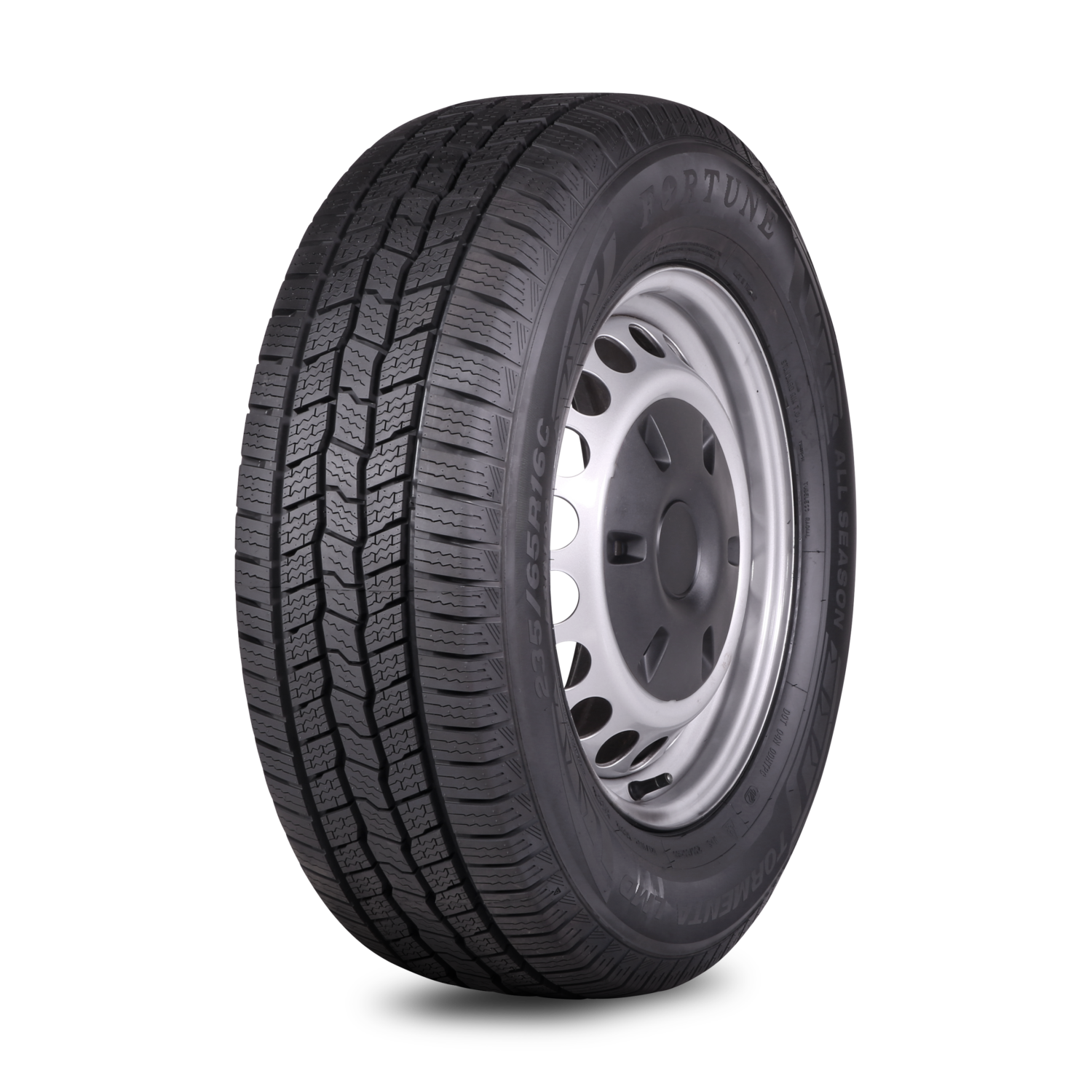
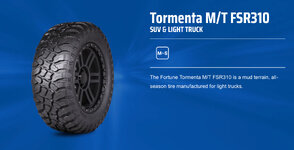
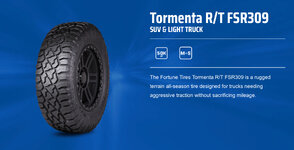
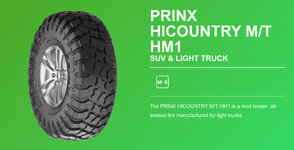
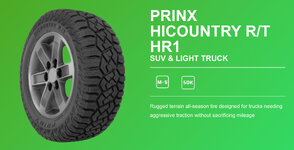
Winter tire have a "Snow Flake" marking on the sidewall.Not sure if there is an official sidewall or other marking that signifies magic low temperature rubber with microspheres etc that I have come to link with useful dash of confident ice traction.

Brian,We haven't a legal requirement for winter tires, but past experience has been that so-called all-season tires are hopeless in snow. For the last several cars, I've put snow tires on the stock rims for use in winter, and bought a nice set of summer rims and tires.
Some tire manufacturers are now claiming to have winter tires that can be used year round, but I'm skeptical. Probably they're some combination of not quite as good as they could be in winter, and not quite as good as they could be in summer.
Currently using Sumitomo Ice Edge tires.
Features & Benefits
- 3-Peak Mountain Snowflake rated for all-weather conditions
Well, no.There's three types of customers for "snow tires"
